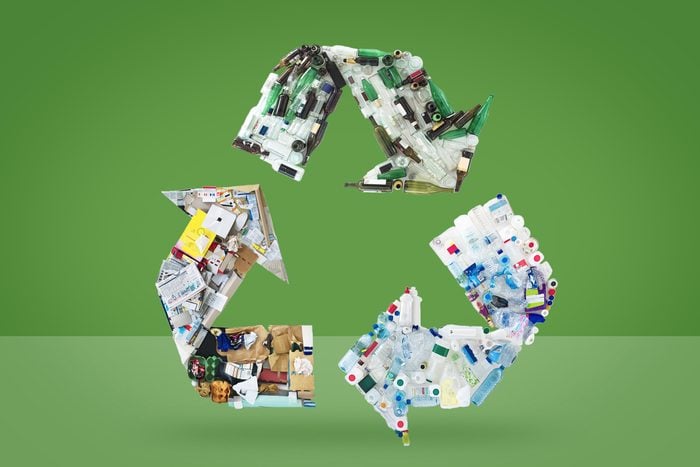The concept of a circular economy, where products are designed to be reused, repaired, and recycled, is gaining momentum worldwide. In this blog, we explore the growing business opportunities in the recycling sector, focusing on the innovative approaches that companies are adopting to create a sustainable and profitable venture.
- Understanding the Circular Economy:
We’ll begin by explaining the core principles of the circular economy and its potential to transform the traditional linear “take, make, dispose” model into a more sustainable and environmentally responsible approach. Emphasizing the importance of reducing waste, reusing materials, and recycling products, we’ll showcase the role of businesses in driving this paradigm shift.
- Emerging Trends in Recycled Products:
From fashion to electronics and packaging, the market for recycled products is expanding rapidly. We’ll highlight the key sectors where recycled materials are gaining traction, providing insights into the innovation and creativity of businesses that are at the forefront of this movement.
- Challenges and Solutions:
The recycled products business isn’t without its challenges. We’ll delve into obstacles such as supply chain complexities, consumer perception, and technological limitations. Moreover, we’ll explore the creative solutions that companies are implementing to overcome these hurdles and foster a more sustainable future.
- Circular Design and Eco-friendly Manufacturing:
In the journey towards sustainability, product design and manufacturing processes play a crucial role. We’ll discuss how businesses are adopting circular design principles to create products that are easier to recycle and have a lower environmental impact. Additionally, we’ll showcase examples of eco-friendly manufacturing practices that conserve resources and reduce waste.
- Branding and Consumer Engagement:
A key aspect of the recycled products business is how companies communicate their sustainability efforts to consumers. We’ll explore the significance of branding in establishing a green image, as well as the power of transparent communication to engage environmentally-conscious consumers.
- Collaboration and Partnerships:
The circular economy thrives on collaboration among various stakeholders. We’ll highlight successful examples of businesses partnering with NGOs, government agencies, and other industries to create a closed-loop system that maximizes resource efficiency and minimizes environmental impact.
- Recycling Technologies and Innovation:
The advancement of recycling technologies has opened new avenues for businesses. We’ll explore cutting-edge recycling technologies and innovative processes that are transforming waste into valuable resources, providing a glimpse into the future of sustainable business practices.
- Regulatory Landscape and Incentives:
Government policies and regulations play a pivotal role in shaping the recycled products business. We’ll discuss the impact of relevant policies, incentives, and certifications that encourage businesses to embrace sustainable practices and take advantage of opportunities in the circular economy.
- Success Stories and Case Studies:
To inspire and motivate aspiring entrepreneurs, we’ll showcase success stories of businesses that have flourished by incorporating recycled materials into their products. These case studies will highlight the economic and environmental benefits achieved through circular business models.
Conclusion:
The business landscape for recycled products is brimming with opportunities for companies to make a positive impact on the environment while simultaneously generating profits. Embracing the principles of the circular economy, adopting sustainable practices, and fostering collaboration across sectors will undoubtedly unlock immense potential for businesses to thrive in this exciting and eco-friendly space.Regenerate response
